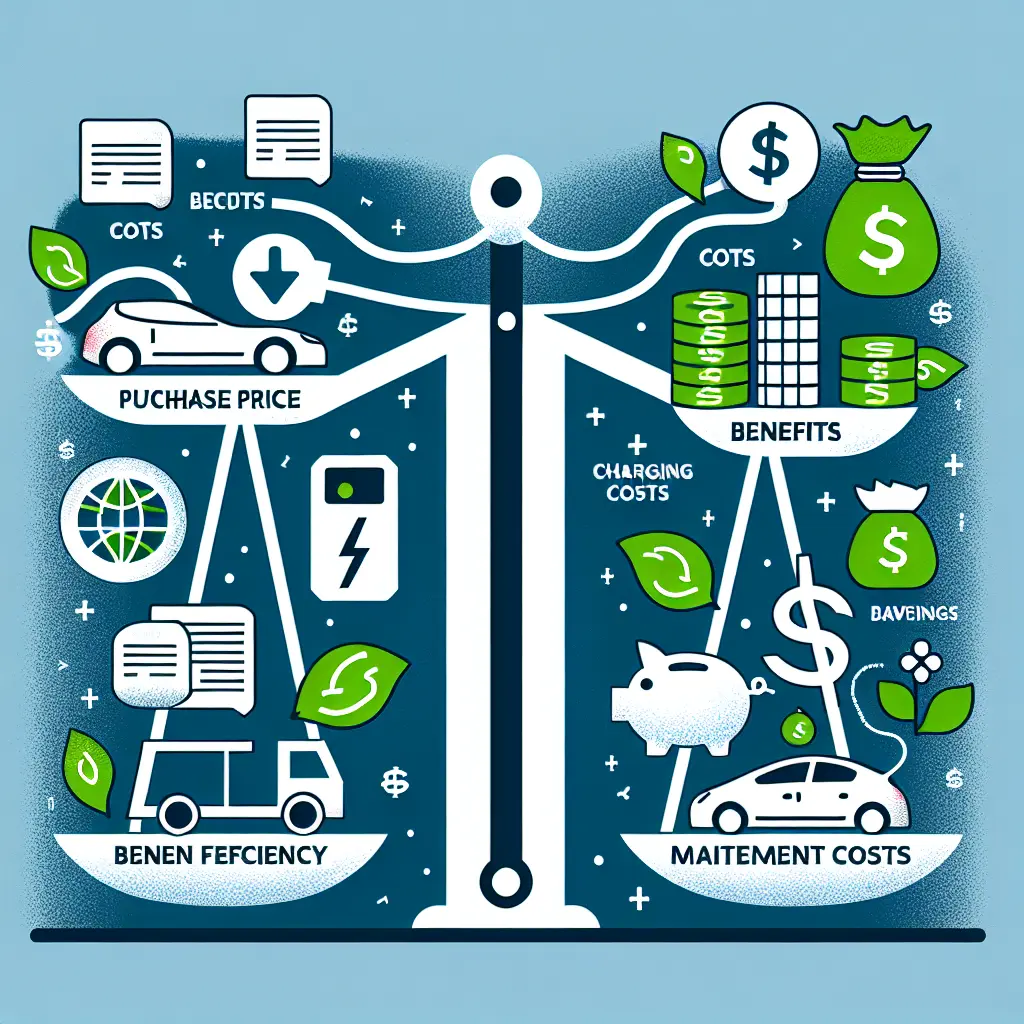Owning a Tesla has become synonymous with embracing cutting-edge technology and making an environmental statement. However, the economic implications of purchasing and maintaining a Tesla are as intricate as the vehicles themselves. In this comprehensive analysis, we'll dive into the various aspects of Tesla ownership costs, from initial purchase to long-term savings, comparing these with the benefits that come with owning one of these iconic electric vehicles (EVs).
When considering the cost of Tesla cars, potential buyers must look beyond the sticker price. As of now, the Tesla Model 3 Long Range RWD has been introduced in the US market at a price of $42,490. This model provides a more accessible entry point for those looking to join the Tesla family. Moreover, Tesla buyers in the United States can benefit from federal tax incentives for electric vehicles, which can significantly reduce the upfront cost. These incentives are designed to encourage the adoption of greener technologies by making EVs more financially accessible.
Tesla's electric cars are known for having lower operational costs compared to traditional internal combustion engine vehicles. The Tesla economic analysis reveals that electric vehicles require less routine maintenance as they have fewer moving parts. This means no oil changes, fewer brake jobs due to regenerative braking, and less frequent replacements of components like spark plugs or timing belts.
Tesla charging costs are another critical factor in the overall economics of owning a Tesla. While charging at home is generally cheaper than refueling a gasoline car, the cost can increase if relying heavily on Tesla’s Supercharger network, which charges a per kWh fee. The cost-effectiveness of charging can also depend significantly on local electricity rates, which vary widely by region.
One of the most compelling financial benefits of electric cars is the potential for long-term savings. Teslas, in particular, are known for their efficiency and lower lifetime fuel costs. Furthermore, Tesla vehicles have historically held their value better than many other vehicles, thanks to their popularity, limited supply, and strong brand. The Tesla resale value remains robust, often outperforming their gasoline counterparts in the secondhand market.
Environmental Benefits and Market Comparison
The environmental benefits of owning a Tesla are well-documented. Driving a zero-emissions vehicle significantly reduces one's carbon footprint, contributing to fewer air pollutants and a cleaner planet. These advantages are crucial in today's climate-conscious society.
In terms of electric vehicle cost comparison, while Teslas are often more expensive upfront than some competitors like Nissan’s Leaf or Chevy’s Bolt, they offer superior technology, performance, and a more extensive charging network. Notably, China’s BYD is catching up with Tesla in sales, offering competitive pricing and innovation. More information can be found at BYD.
Tesla's journey is not without its challenges. Recent news has highlighted several issues that could impact Tesla's market perception and economic stability. Elon Musk's endorsement of controversial figures and the delay in the highly anticipated Tesla Robotaxi event are examples where public perception and investor confidence might waver. For further details, refer to this source.
These developments could potentially influence buyer decisions and affect the overall economic analysis of owning a Tesla.
Conclusion
In conclusion, owning a Tesla offers a blend of advanced technology, environmental benefits, and potential economic advantages in terms of operational costs and long-term savings. However, prospective buyers must carefully consider higher upfront costs, insurance rates, and the current public sentiments influenced by corporate decisions and market competition.
As we continue to witness advancements in EV technology and infrastructure improvements, the economics of owning a Tesla will likely become even more favorable.
For those considering making the switch to electric, weighing these costs against the tangible benefits will be crucial.






Leave a Comment